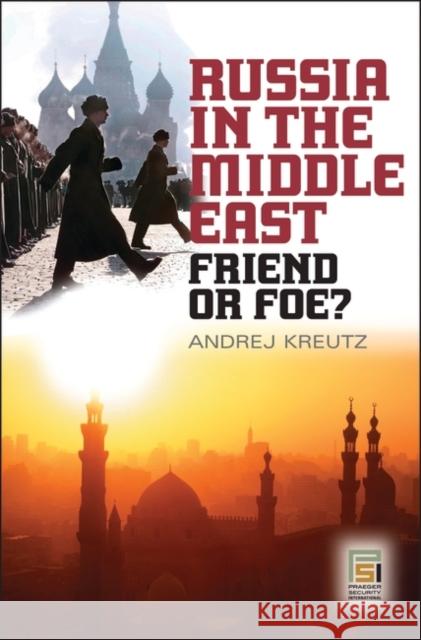Russia in the Middle East: Friend or Foe? » książka
Russia in the Middle East: Friend or Foe?
ISBN-13: 9780275993283 / Angielski / Twarda / 2007 / 232 str.
Kreutz examines the goals and strategies of Russia and the former Soviet Union toward most of the Arab states in the Middle East. The author argues that Russia has been an important actor in the region for over a century and has tried to regain its influence in several countries following its strategic retreat after the collapse of the Soviet Union in the early 1990s. However, according to Kreutz, Moscow does not seek confrontation with the United States or with the West in general in the region. Rather, the Russians are interested in peace and stability in the region, which is close to its borders. Because of that, although Moscow wants to cultivate its links with Israel, it also seeks to reach a peaceful and balanced solution to the Palestinian-Israel and the Arab-Israeli conflicts, taking Palestinian and Arab interests into account.
Washington can better engage Moscow as a stabilizing force in the Middle East and as a collaborator in the struggle against Islamic terrorists. At the same time, the United States must be cognizant of where Washington and Moscow diverge. Although Russia may be too weak now to compete with the United States on a global scale, it is not happy to see American or EU encroachment close to its own neighborhood. If we take their weakness for granted and become blind to the possibilities for Russian alliances in the region, we do so to our disadvantage. This book demonstrates Russia's enduring interest and influence in the Arab Middle East.











